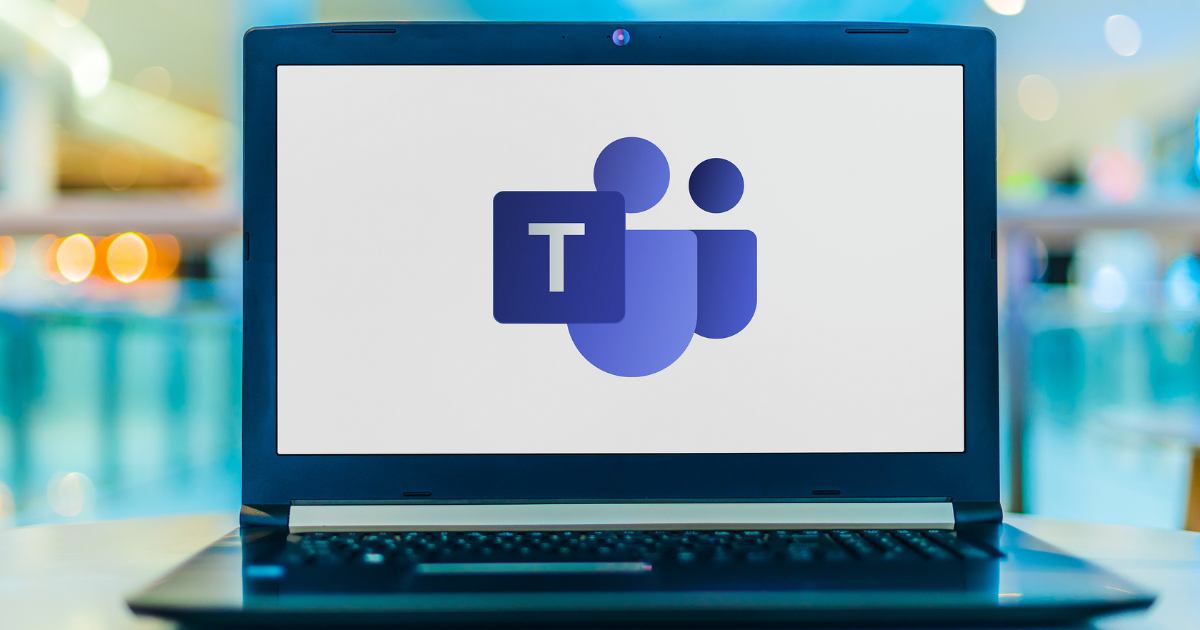How Technology Has Made “Snow Days” a Thing of the Past

The phenomenon of “snow days,” those unexpected holidays due to severe weather conditions, has long been celebrated by students and employees alike. However, with the advent of robust remote work technologies, the concept of snow days is becoming a nostalgic memory rather than a present-day reality. Here’s how technological advancements have ensured that businesses stay operational, regardless of what’s happening outside.
The Remote Work Revolution: An Overview
The global health crisis in the form of the COVID-19 pandemic disrupted the traditional workplace dynamic. It catapulted remote work from a modern convenience to an absolute necessity. Businesses in Clarksville and globally found themselves redefining operational strategies. They are leaning heavily on technology to bridge the physical gap imposed by lockdowns and social distancing.
The integration of tools like VoIP, cloud services, and collaboration platforms ensured that geographical location and physical presence in an office were no longer determinants of a company’s ability to function effectively. As a result, the notion of a ‘snow day’—a forced pause due to weather conditions—has nearly vanished. Instead, it is overridden by the ability to continue operations from the comfort and safety of one’s home.
VoIP and Communication Continuity
Voice over Internet Protocol (VoIP) has been a game-changer in the business world. Especially when it comes to sustaining communication during unexpected disruptions, like snow days. Before VoIP, businesses in Clarksville and beyond relied heavily on landlines, which could be severely impacted by extreme weather conditions. The shift to VoIP means communication is routed through the internet, making it less susceptible to localized disruptions.
VoIP allows employees to effortlessly shift between office phones, mobile devices, or home setups, ensuring uninterrupted client and team interactions. This system not only supports voice services but also integrated video calls, chats, and file-sharing, fostering seamless team collaboration. Moreover, it is cost-effective and reliable. Especially when supported by a proficient managed service provider, VoIP is indispensable during adverse weather conditions.
Cloud Computing: Access from Anywhere
Cloud technology has played a pivotal role in making location an afterthought in conducting business. By hosting data and applications in the cloud, employees can access necessary work resources from any device with internet connectivity. This level of accessibility means that a snowstorm, once capable of halting school and business operations, now poses little threat to productivity. Whether you’re in Clarksville or any remote location, your workflow remains unaffected, as the cloud transcends geographical and climatic barriers.
Remote Software: Keeping Teams Connected
In today’s interconnected era, the sheer variety and capability of remote software have played a pivotal role in ensuring that teams remain connected, regardless of geographical or weather-induced barriers.
- Range and Diversity: The marketplace offers an abundance of remote work software tailored to different industries and needs. Whether it’s project management tools like Asana and Trello. Communication platforms like Slack and Microsoft Teams. Shared document editors like Google Workspace and Office 365. There’s a solution for every business need.
- Real-time Collaboration: These software solutions are designed to allow multiple users to collaborate on a single project or document in real-time. This not only negates the geographical distance between team members but also ensures that everyone is on the same page. It doesn’t matter whether they’re working from a cozy home office in Clarksville or a bustling city halfway across the world.
- Security and Accessibility: As essential as these tools are for productivity, it’s equally crucial for them to be secure. With many businesses handling sensitive data, remote software frequently comes integrated with robust security features to ensure data integrity and privacy. Additionally, they’re designed to be accessible across multiple devices. From desktops to mobiles. They ensure that team members have all the necessary resources at their fingertips.
The Downside of the Missing Snow Day
The digital transformation that has made ‘snow days’ nearly obsolete also brings with it an unexpected consequence: the vanishing boundary between work and personal life. In Clarksville and beyond, what was once a joyous surprise—a day to unplug, rest, and perhaps enjoy the serene beauty of a snowy landscape—has been replaced with the expectation of constant availability.
Technology has made us more resilient to disruptions like bad weather. However, it’s crucial for businesses and managed service providers to advocate for balance. This ensures that employees can maintain their well-being and ultimately, their productivity and job satisfaction, in this era of constant connectivity.
The Future: Finding Balance in Remote Work
With the rise of remote work due to technological advancements, the line between personal and professional life is becoming increasingly blurred. As remote work becomes a mainstay, businesses must prioritize fostering a balanced remote environment. This might mean setting ‘no work’ hours. It could also mean not expecting instant responses post-business hours, or scheduling virtual social gatherings to boost team morale. Additionally, acknowledging individual home environments and needs is crucial for a personalized approach to remote work. And, even though technology can keep us constantly connected, it’s vital to remember the importance of breaks and downtime for mental well-being and productivity.
The Role of Managed Service Providers
Transitioning to a remote operational framework isn’t without its challenges. Managed Service Providers (MSPs) have emerged as invaluable partners in this shift, offering expertise in deploying, managing, and optimizing remote work technologies. These IT professionals ensure businesses can adapt to remote work with minimal friction, providing ongoing support, enhancing security, and customizing solutions to meet unique operational needs, whether the company operates in Clarksville or across the globe.
As remote work increases, so do cybersecurity risks. MSPs prioritize setting up strong security protocols, guarding against threats like malware and phishing to protect data. Moreover, as technology continues to advance, they keep businesses updated with the latest tools and offer essential training, ensuring teams remain productive and secure. In today’s digital age, MSPs are indispensable for businesses, offering both tech support and peace of mind.
Whether you’re navigating the complexities of remote setups or managing in-office tech, a managed service provider (MSP) remains crucial. By partnering with an MSP, you ensure a resilient and efficient tech infrastructure for any business environment. For seamless operations, in-person or remote, trust in the expertise of an MSP like Copperband Technologies.






